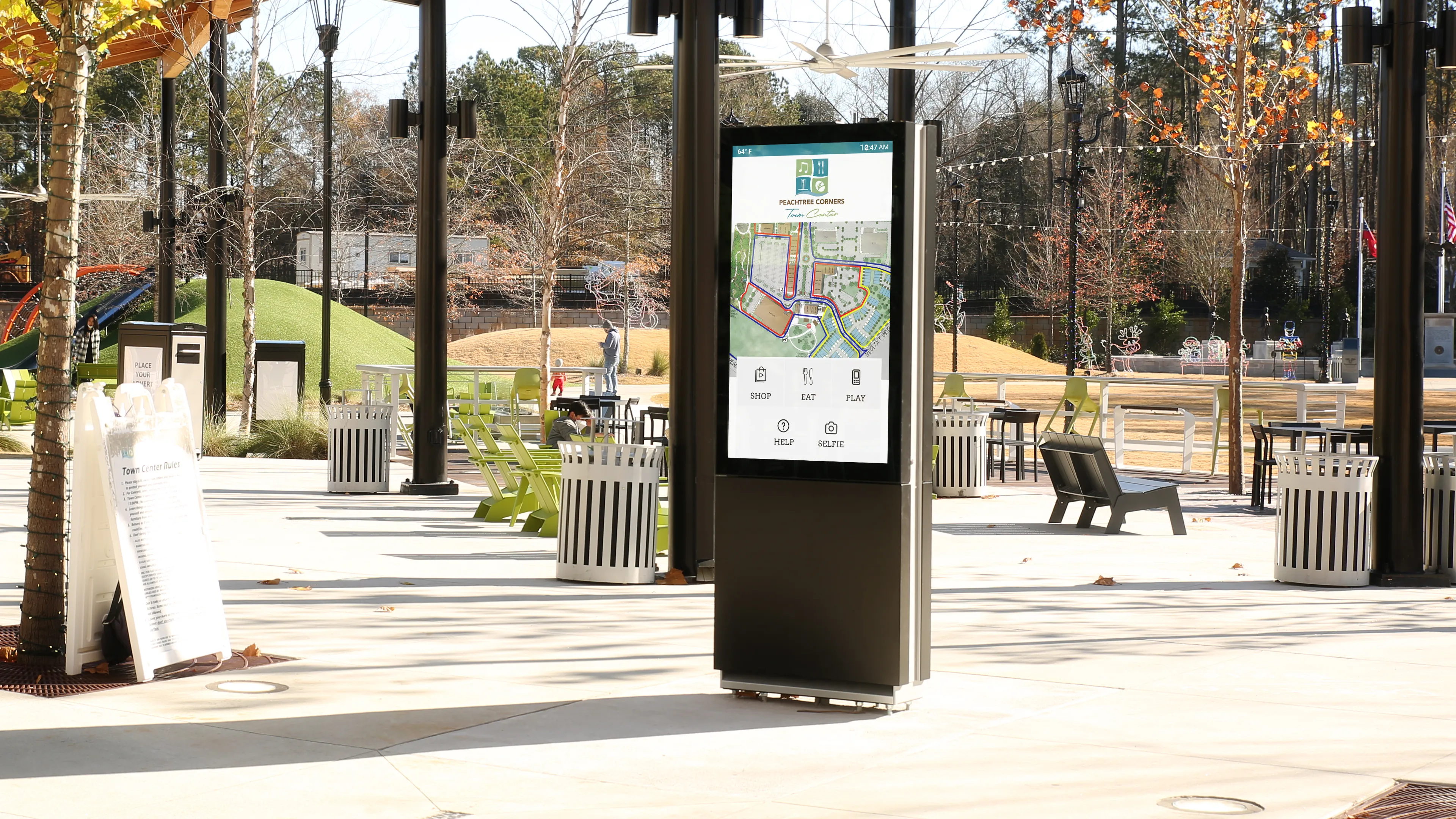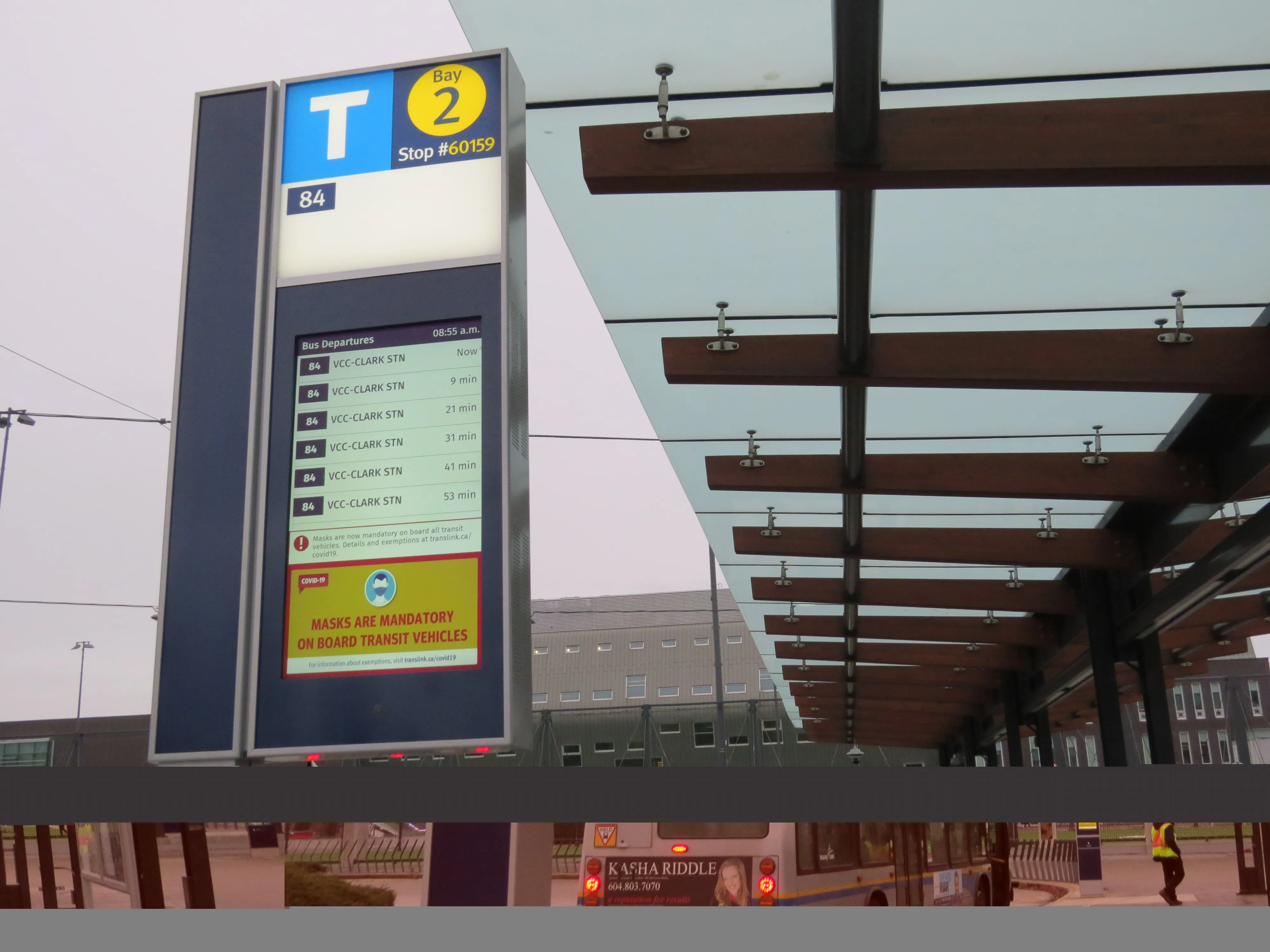UK company Papercast, which manufactures solar powered e-paper real time passenger information (RTPI) display systems is to partner with FWT, the transport information design specialists in a collaboration which will see FWT offering Papercast’s next generation RTPI platform to bus operators across the UK.
Papercast’s system provides passengers with real-time bus arrival predictions, timetables and other relevant passenger information delivered wirelessly to solar powered e-paper displays at bus stops. T
January 12, 2017
Read time: 2 mins
UK company Papercast, which manufactures solar powered e-paper real time passenger information (RTPI) display systems is to partner with FWT, the transport information design specialists in a collaboration which will see FWT offering Papercast’s next generation RTPI platform to bus operators across the UK.
Papercast’s system provides passengers with real-time bus arrival predictions, timetables and other relevant passenger information delivered wirelessly to solar powered e-paper displays at bus stops. The displays are controlled by a cloud-based management system which offers instant GTFS integration and optional AVL data normalization to improve the accuracy of bus arrival predictions.
The low energy consumption e-paper display has been developed to deliver a stand-alone solar-powered unit that can be quickly installed almost anywhere. It offers an economical replacement for legacy electronic systems and traditional paper timetables, while providing the ideal technology platform for smart city public transport information solutions.
Papercast comprises a standalone solar powered bus stop display screen units with wireless connectivity, a control and content management system and an optional enhanced analytics solution to improve arrival time data.
Papercast’s system provides passengers with real-time bus arrival predictions, timetables and other relevant passenger information delivered wirelessly to solar powered e-paper displays at bus stops. The displays are controlled by a cloud-based management system which offers instant GTFS integration and optional AVL data normalization to improve the accuracy of bus arrival predictions.
The low energy consumption e-paper display has been developed to deliver a stand-alone solar-powered unit that can be quickly installed almost anywhere. It offers an economical replacement for legacy electronic systems and traditional paper timetables, while providing the ideal technology platform for smart city public transport information solutions.
Papercast comprises a standalone solar powered bus stop display screen units with wireless connectivity, a control and content management system and an optional enhanced analytics solution to improve arrival time data.










